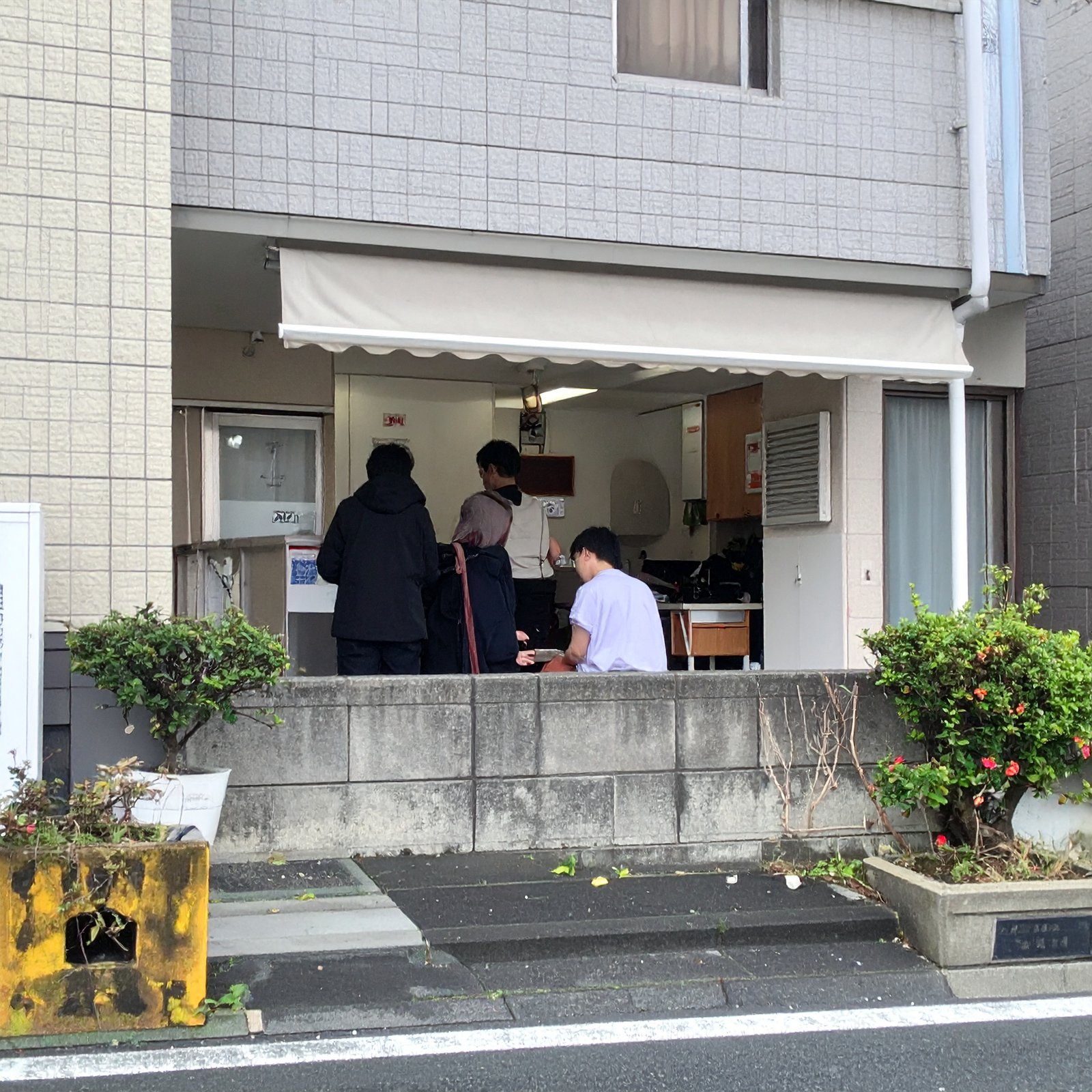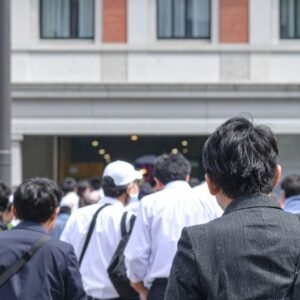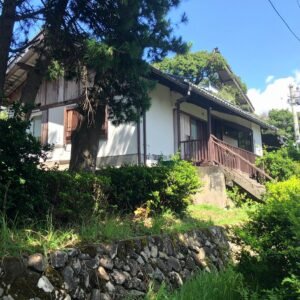Barriers and Key Considerations for Foreign Investors Entering the Minpaku Market in Osaka
Osaka City has become one of the most prominent markets in Japan for minpaku short-term rentals, particularly under the special zone framework. For foreign investors, the city is highly attractive. Legally, foreign nationals face few restrictions, and participation is considered relatively easy. However, recent regulatory tightening and growing friction with local communities have created practical hurdles. This article highlights the main institutional and social barriers foreign investors should be aware of.
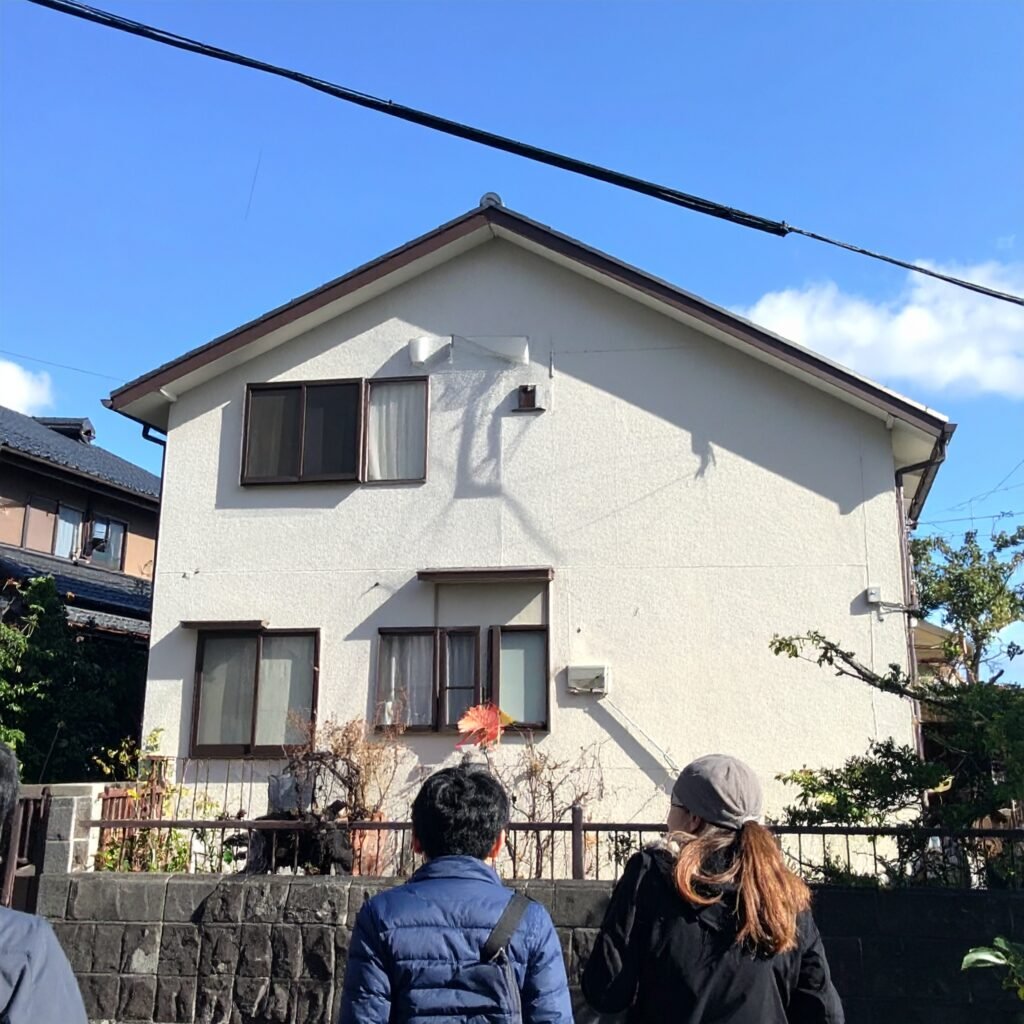
Legal Framework: Few Restrictions but Practical Hurdles
From a legal standpoint, Japan places very few limits on property ownership by foreign nationals. Purchasing an apartment or house in Osaka and using it for minpaku is allowed. Under the special zone minpaku system, foreign operators can also obtain approval if they submit the required documents, pass on-site inspections, and meet safety and hygiene standards.
However, all applications and administrative procedures must be completed in Japanese. This language requirement, along with the need to secure a local representative, often becomes a major barrier for foreign investors in practice.
Impact of Tighter Regulations
Regulatory changes are making the environment more complex. From 2025 onward, Osaka City is debating stricter rules such as temporary suspension of new minpaku applications and tighter zoning restrictions. Depending on land use classification, operations may even be banned in certain areas.
Management obligations are also increasing. Operators may be required to set up formal systems for handling complaints and post emergency contact details at each property. At the same time, enforcement is becoming stricter. A lack of knowledge of the Building Standards Act or the national minpaku law can result in suspension of operations or even loss of approval, which is a significant risk for foreign business owners.
Hidden Constraints in Condominium Management Rules
Operating minpaku in condominiums poses additional challenges. Many condominium management associations have bylaws that prohibit minpaku. Negotiations with the management board or residents are often necessary. For foreign owners, language and cultural differences can make this process especially difficult. These are social rather than legal barriers, but they add significant complexity to real-world operations.
Community Relations as a Critical Factor
Conflicts with local residents are another major concern. Issues such as noise or improper waste disposal can easily lead to disputes. Differences in culture and daily habits can worsen misunderstandings. For foreign owners, building trust requires consistent communication and strong management systems.
Local governments are also responding to rising complaints by strengthening inspections and guidance. For this reason, foreign investors must secure reliable legal and administrative support within Japan. Without this, maintaining compliance becomes very challenging.
The Key Point for Foreign Investors
Japan’s legal system is relatively open to foreign ownership, but success depends on much more than purchasing property. Effective management and cooperation with the community often determine whether a project succeeds or fails. Compared to domestic investors, foreign operators are more vulnerable to risks related to compliance, resident relations, and condominium rules.
Foreign investors considering Osaka should therefore work with local legal and administrative professionals and make active efforts to build trust with local communities.
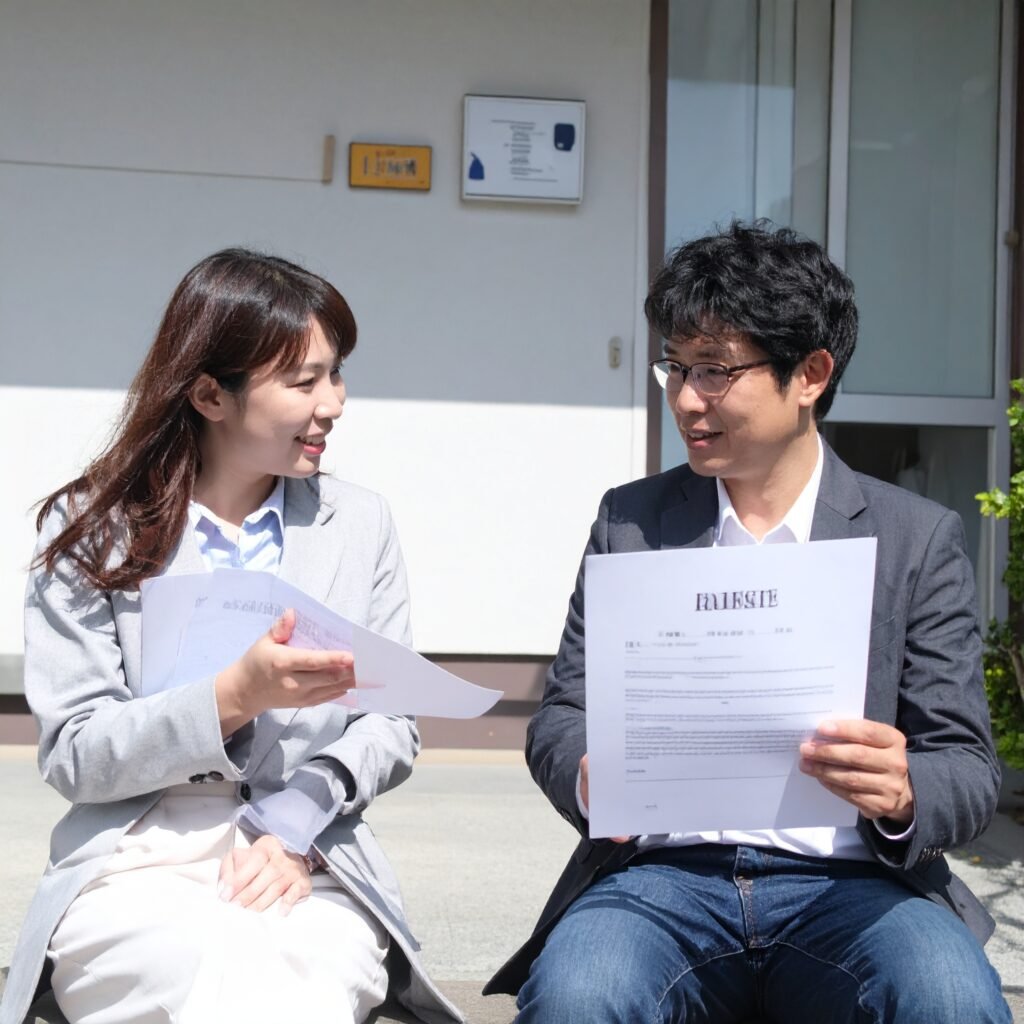
Conclusion
Osaka will remain a city with high demand for minpaku, but for foreign investors the real test is whether they can adapt to both regulatory requirements and social expectations. As regulations tighten in 2025 and beyond, investment will require more than property acquisition. Success will depend on strategies that also address management and community relations.


